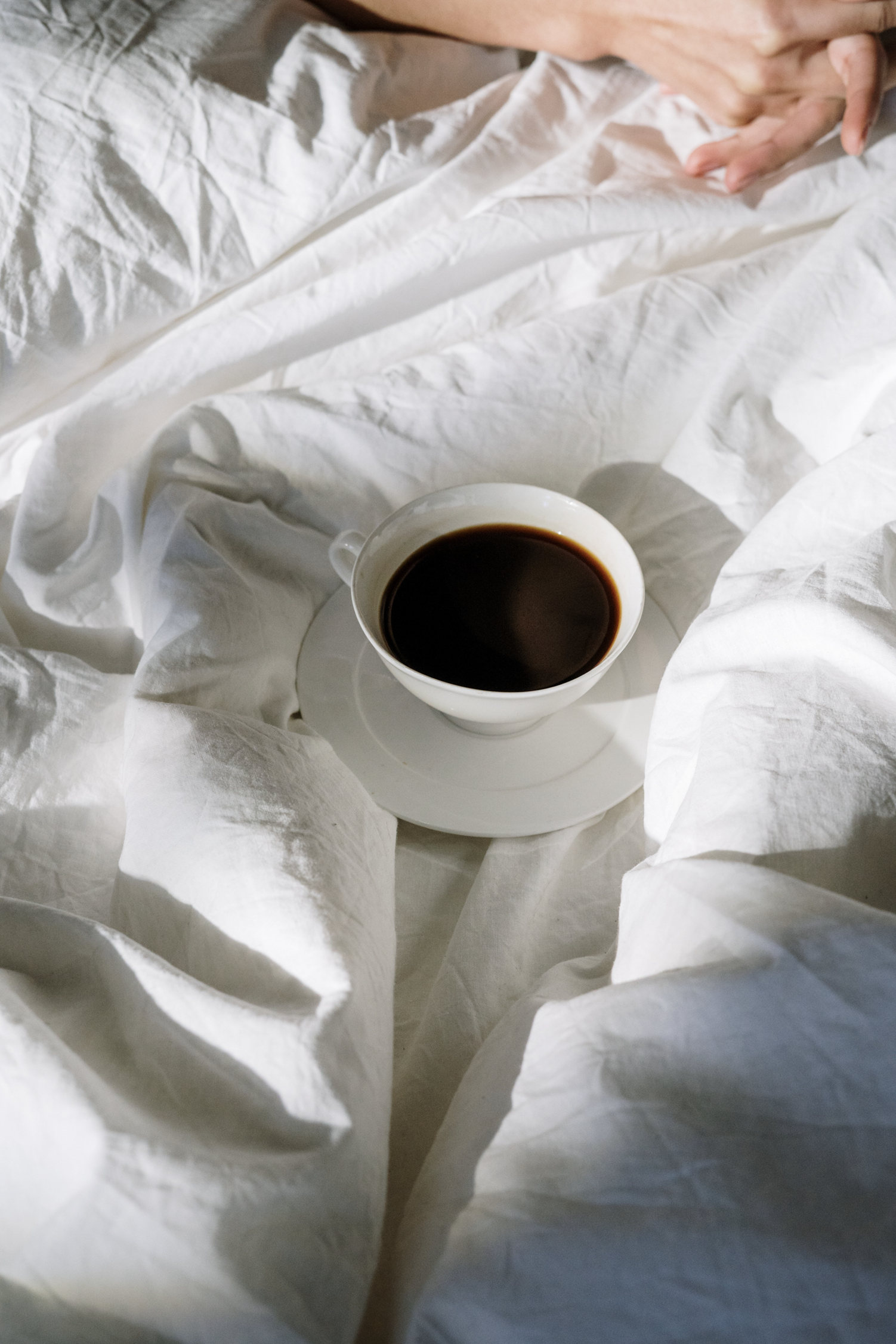
Having a good night’s sleep while being on your period sounds like exactly what you would need. But why can it be so difficult to sleep when you need it most? The answer is that your menstrual cycle can affect your sleep in more ways than one. In this article, we will go over why this happens and give you some tips to get better sleep!
Shifting Hormone Levels Before Your Period
Women are more likely to experience poorer sleep quality than men, as they are affected by their menstrual cycle and hormonal changes. Hormones contribute to the changes and interruptions in sleep patterns that people who menstruate go through while on their periods. In fact, up to 7 in 10 women notice changes in their sleep just before their period, approximately 3 to 6 days prior. This can in part be explained by the fluctuation of hormones. Right before the period starts, progesterone levels peak to prepare for a potential pregnancy. If there is no conception, these levels will significantly fall back down causing the lining of the uterus to shed and a period will then happen. It is during this drop in progesterone levels that sleep can be affected. For example, some people may not feel refreshed after sleeping or feel like they require more sleep than usual in order to feel well-rested. Others may also feel much more tired throughout the day. Additionally, changes in estrogen levels also affect sleep quality, as it causes a change in body temperature. This is because the area of your brain in charge of regulating your body temperature is influenced by your estrogen levels. Therefore, if you have low levels of estrogen it is possible that you endure hot flashes and night sweats. Feeling too hot can make it harder to fall asleep or to stay asleep comfortably all night.
PMS Symptoms
Pain and discomfort from PMS symptoms are another reason why sleep quality can decrease during a period. Having nausea, bloating, cramps, heavy bleeding and more can definitely get in the way of achieving a satisfactory night’s rest. For example, it can be very bothersome to have to get up a few times during the night in order to replace your pad or to deal with physical symptoms such as cramps. According to Sleep Foundation, 14% of women have heavy periods involving important menstrual bleeding. It can then create more sleep perturbation because they will experience feelings of worry and uneasiness knowing that they will need to go to the bathroom various times and have their sleep disturbed. It also becomes an added stress having to wake up abruptly to ensure that they do not stain their sheets or bleed out. Falling back to sleep can take more time or become more difficult when this occurs.Tips To Get Better Sleep Hygiene
Here are some suggestions to help you achieve the best sleep you can while being on your period:
Sleeping while on your period is not always a walk in the park! By being aware of what happens to your body during the menstrual cycle, it can help you better recognize what you are going through and take the steps to make this a little easier. Just remember that you’re not the only one dealing with these sleep troubles. Continue taking care of your body and prioritizing yourself during this time!




